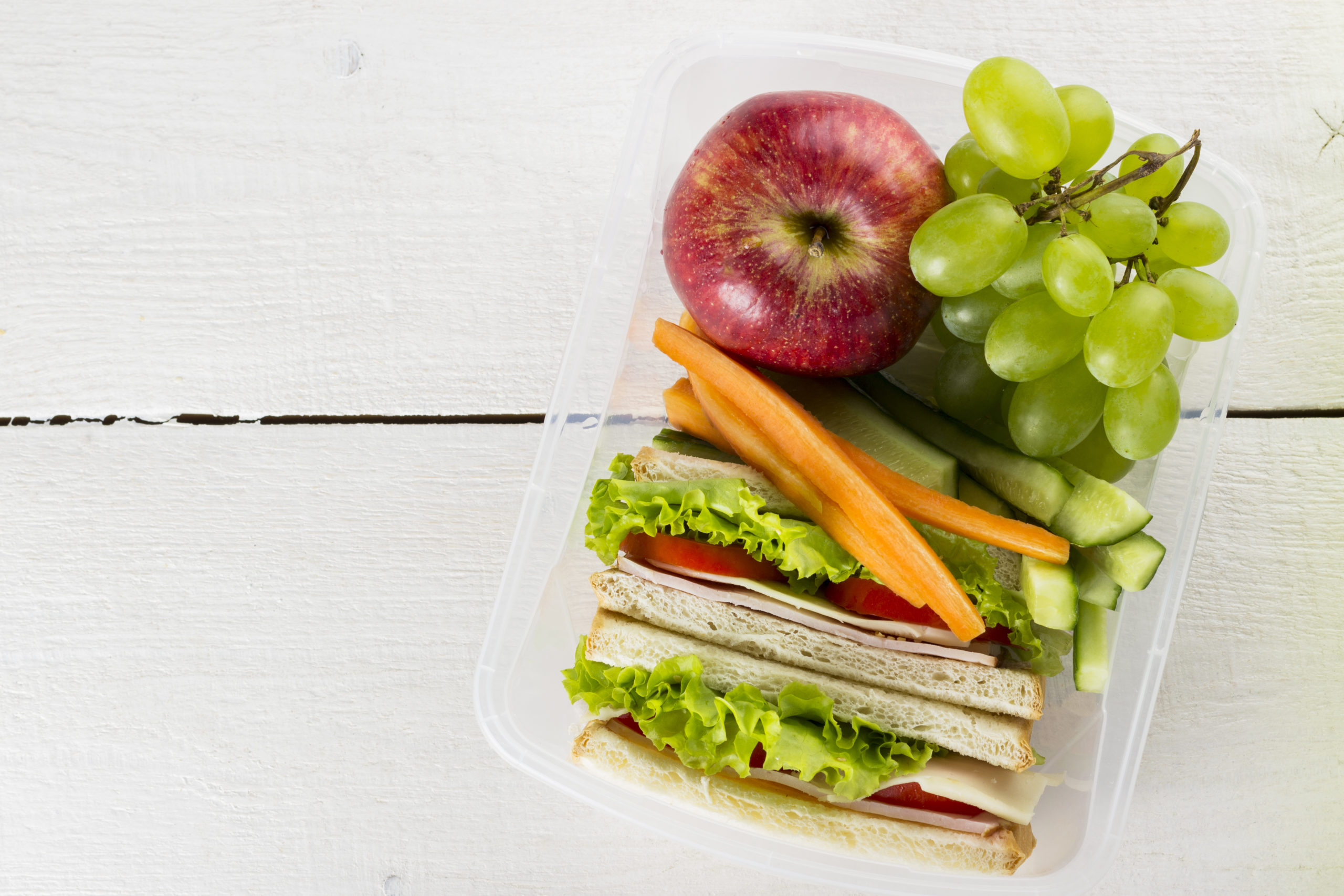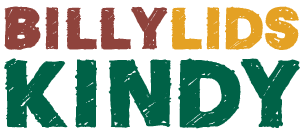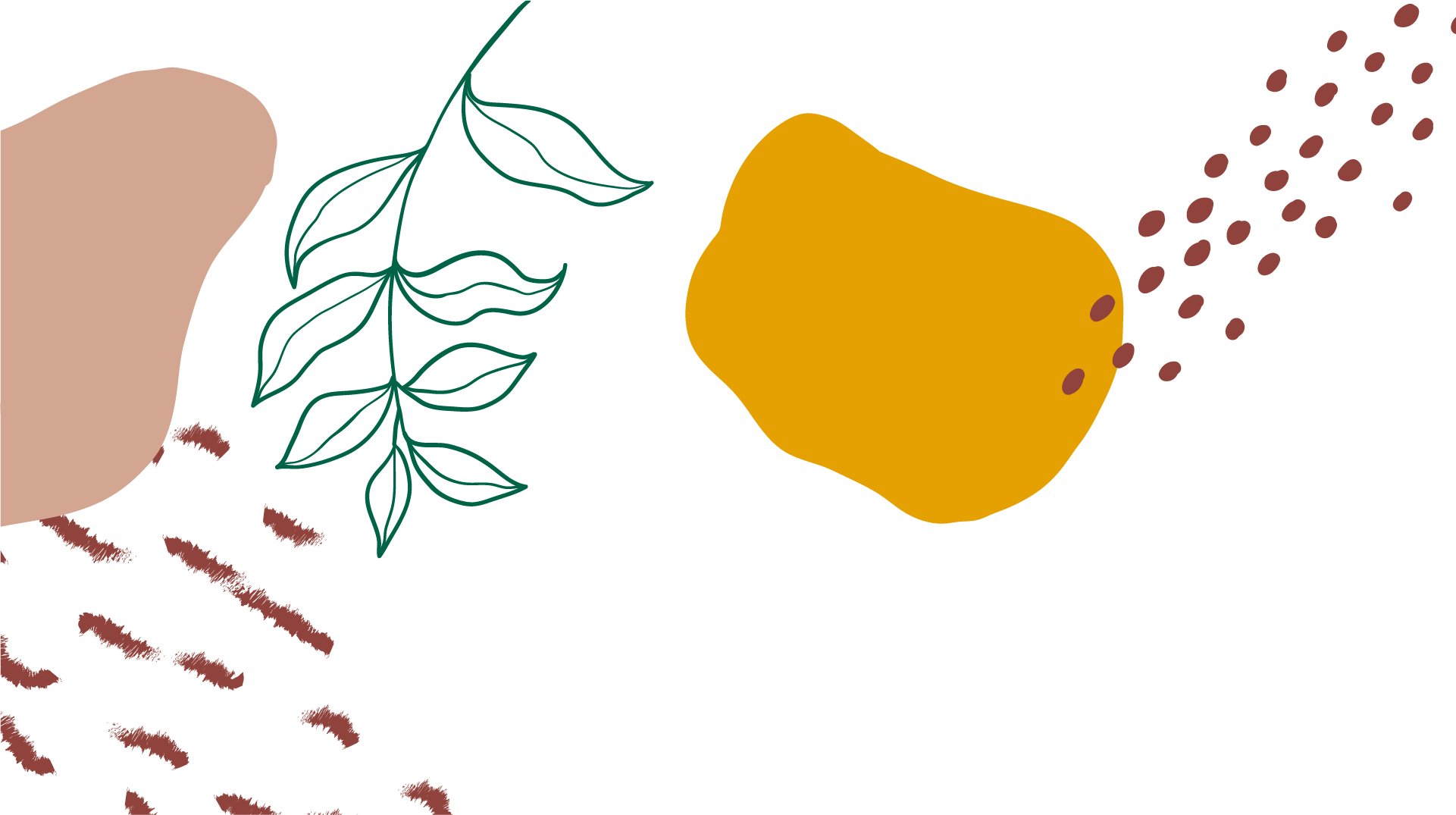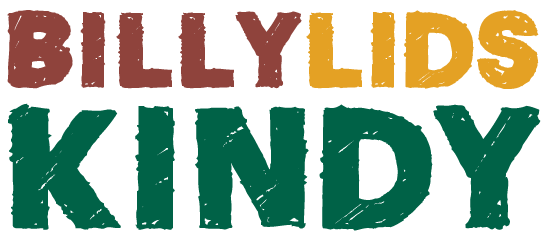
Nutrition
Good nutrition is necessary for active growth and development that takes place in early childhood. Good eating habits and a well-balanced diet support children’s health and wellbeing, and minimise the risk of illness. Good eating habits developed in the early years are likely to have a lifelong influence.
The Centre understands it has a duty of care to ensure that children’s nutritional needs are met and food is prepared and stored safely within the education and care service. Good nutrition is essential to healthy living and enables children to be active participants in play and leisure.
All children have the right to develop to their full potential in an environment which provides for their health and wellbeing. Appropriate strategies need to be implemented for children with special dietary needs and cultural food requirements.
Children are especially prone to food borne illness because their immune systems are still developing and they cannot fight infection as well as adults can. The main causes of food borne illness are inadequate cooking; improper holding temperatures, contaminated equipment; unsafe food sources; and poor personal hygiene.
The Education and Care Services National Law Act 2010 requires that approved provider/nominated supervisor/coordinators take reasonable care to protect children from foreseeable risk of harm, injury and infection. The centre will obtain professional guidance through initiatives such as Eat Smart Play Smart, the Australian Healthy Eating Guide, the Dietary Guidelines for Children and Adolescents in Australia, and the Australian Government Healthy Eating and Physical Activity Guidelines for Early Childhood Settings, and professional bodies such as Nutrition Australia and Food Standards Australia New Zealand.
Policy
- It is recommended that children have about half their daily nutrient needs while in long day care. The centre will provide Parents/Caregivers with the latest information from recognised health authorities. This information will be provided in newsletters, brochures, booklets. The actual amount eaten will depend on each child’s age, appetite and activity.
- The Centre does not provide food and as such the children are to bring their own food each day. The Centre does not heat food provided, and as such provided food must be of a suitable nature to be served as given. The Centre will warm bottles of milk for babies; however they will not be heated in a microwave oven, and be warmed as indicated in the centre policy.
- The Centre recommends parents supply children with balanced snacks and meals consistent with the Australian Government Healthy Eating and Physical Activity Guidelines for Early Childhood Settings, that meet the recommended daily nutritional needs of children within each age grouping, are adequate in quantity, and take into account the child’s growth and development needs.
- A healthy balance of food and drink is recommended in sufficient quantity, and parents are encouraged to include different nutritious foods each day. Care should be taken to avoid allergy-inducing food and drink (in children with known conditions), and consideration will be given to dietary, cultural religious, health and personal preferences.
- When food is brought in to the centre, a refrigerator is provided for each room so that perishables can be stored safely until they are consumed.
- Food will be stored and served hygienically. Educators follow the centre’s procedures for the safe storage and heating of food and drink.
- Food preparation facilities will be maintained in a hygienic condition in accordance with Health, Hygiene and Infection Control policy.
- The Centre will ensure it meets all requirements for food handling premises set down in the relevant state/territory food hygiene and safety legislation.
- Snack and meal times will be treated as social occasions. Educators will sit with the children and interact with them to encourage healthy eating habits and an appreciation of a variety of foods. Children will be assisted where required but will be encouraged to be independent and to help themselves wherever appropriate.
- School age children will be encouraged and supervised to assist in preparation, serving and cleaning up at snack time.
- In school age settings children will be encouraged to make healthy choices that complement recognised dietary guidelines, and to adopt socially acceptable behaviours when sitting and eating food together.
- Water will always be readily available and will be regularly offered to children.
- Snack and meal times will be set to a regular schedule but individual needs will be accommodated and children who are still hungry will be offered small nutritionally appropriate snacks.
- Children will not be required to eat food they do not like, or eat more than they want.
- The provision or denial of food will never be used as a form of punishment.
- The importance of good healthy food, and hygienic and safe food handling and storage practices will be discussed with children as part of their daily program.
- All children and educators/staff will wash their hands with soap and running water and dry well prior to preparing, serving or eating food.
What to include in lunch boxes
A balanced diet includes a variety of foods that offers different tastes and textures. The basic food groups should be offered to children every day. Water is essential for young children; they can become dehydrated very quickly and should have access to drinking water at all times. To stay hydrated Toddlers should have 1 litre of fluid a day and pre-schoolers around 1.2 litres. Sweet drinks are not needed as part of a healthy diet. Sweet drinks such as soft drink, cordial and fruit juice can cause tooth decay, and there is a strong link to excess weight gain. Milk should be offered also with meals. Three meals and two snacks are ideal for young children every day.
References
Education and Care Services National Law (Queensland) 2011
Australian Community Services Employers Association
http://www.healthinsite.gov.au/topics/Child_Health
Get up and Grow is one of the primary national resources that is referred to in this document. Found at http://www.earlychildhoodaustralia.org.au/pdf/doha/Family_FT.pd
[1] National Regulations: Regulations 77, 168





